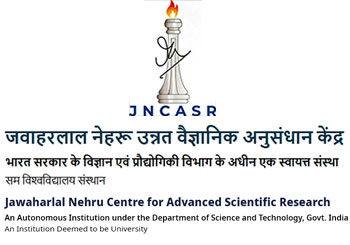We discovered that the nucleolar protein, Nucleophosmin, NPM1/B23, is a core histone and linker histone chaperone (Swaminathan V et al., 2005; Gadad SS et al., 2010). It was found that NPM1 is a bona fide substrate of KAT3B also known as p300. Acetylation of NPM1 is critical for its transcriptional activity from the chromatin template. In line with the in vitro findings, we observed that acetylated NPM1 is predominantly nucleoplasmic in contrast to the nucleolar localized phosphorylated NPM1 and is specifically localized with RNA polymerase II (Shandilya J et al., 2005). We also found that NPM1 was highly over-expressed and hyper-acetylated in oral cancer and correlated with the increasing grade and stage of the tumor (Shandilya J et al., 2005). Importantly, NPM1-mediated transcriptional activation in oral cancer seems to be critical for oncogenesis (Senapati P et al., 2022). Among many other factors, mutant p53 plays a central role in the over-expression of NPM1(Senapati P et al., 2018). Surprisingly, we found that NPM1 induces autoacetylation of p300/KAT3B, causing its hyperacetylation, which also induces the global hyperacetylation of histones in oral cancer patients (Kaypee S et al., 2018). Thus, NPM1 could play a favorable role in acetyl-CoA metabolism in cancerous tissue. Knocking down of NPM1 or inhibition of the acetylation effectively reduces tumor growth in the animal model system (Senapati P et al., 2022), suggesting that NPM1, acetylated NPM1, and p300-mediated acetylation could be explored as diagnostic and therapeutic markers or targets.
